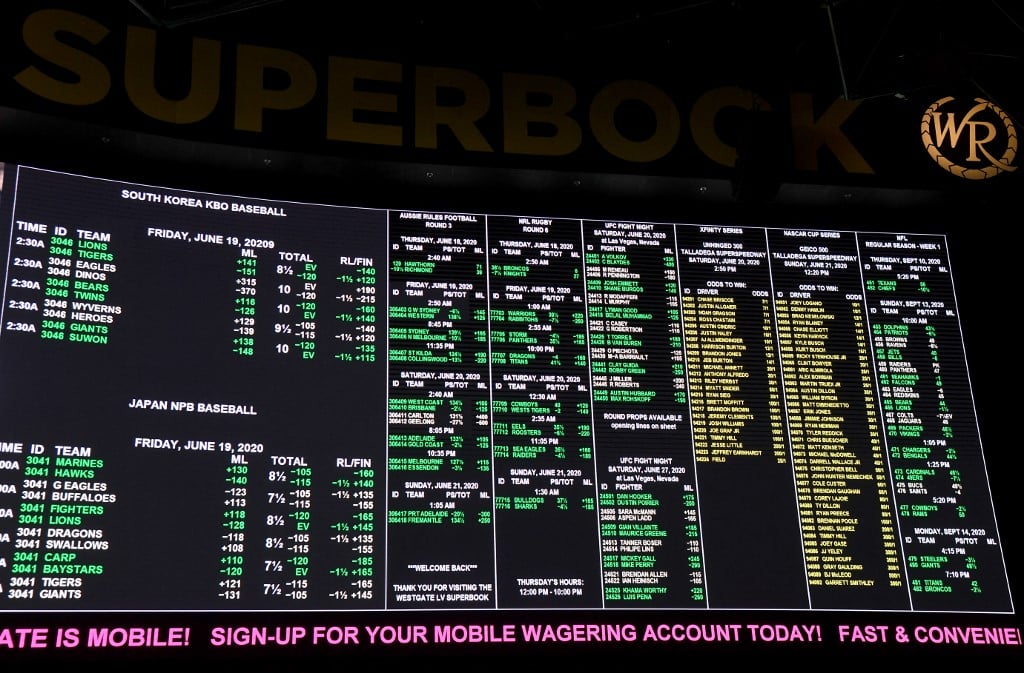
Camden, New Jersey-based Sporttrade recently petitioned the Commodity Futures Trading Commission (CFTC) to be able to offer its sports betting product nationwide, much like the derivatives trading platforms currently operating in the same arena.
Federal Governance Requested
Sporttrade is a sports betting trading platform that operates in much the same way that prediction trading platforms operate, like Kalshi, Crypto.com, and Robinhood. The primary difference is that Sporttrade only trades in sporting events, while the others have traditionally been known as commodities trading platforms, offering contracts on gold, silver, and, more recently, political races and sports futures events trading.
Push for Nationwide Access
Sporttrade’s platform is licensed in Arizona, Colorado, Iowa, New Jersey, and Virginia, but now they are seeking the same level playing field as other trading platforms that are governed by the CFTC and not state regulators. Should their appeal to the CFTC be successful, they would be allowed to offer their platform in all 50 states without the legal red tape of state regulators.
Sporttrade CEO Alex Kane says his company is at a competitive disadvantage with other trading platforms. He noted his platform is the same as the federally regulated platforms.
“It’s identical,” Kane said of Sporttrade’s level of fintech innovation compared to Kalshi. “Exact same thing, right?”
In the letter to the CFTC, Kane wrote, “Given the congruence, Sporttrade should be provided the opportunity to demonstrate its ability to operate on a level playing field with venues that now offer the same product nationwide to list for trading the same menu of sports contracts.”
Kane added that trading platforms licensed by the CFTC “present irreparable harm to Sporttrade despite the relentless effort to operate our business in a legal and regulated fashion.”
Kalshi Winning Legal Battles
Despite a series of cease-and-desist orders by state regulators from Illinois, Montana, Nevada, New Jersey, and Ohio, Kalshi has fought back and won legal victories in court. The rulings claim that Kalshi is governed federally by the Commodity Futures Trading Commission, and the states have no jurisdiction over it.
Kalshi wrote the following in its lawsuit against the Nevada Gaming Control Board (NGCB): “Nevada’s attempt to regulate Kalshi intrudes upon the federal regulatory framework that Congress established for regulating futures derivatives on designated exchanges.”
The NGCB rebutted Kalshi’s assertion, writing, “If an entity, such as Kalshi, directly makes use of Nevada gaming, i.e., sports pools, in its business model without possessing a gaming license, a big hole is created in Nevada’s regulatory structure. Nevada’s legislature has carefully crafted the law in this state to ensure that every aspect of gaming-related activity is regulated and conducted with integrity and consumer protections.”
Federal Court Ruling in Favor of Kalshi
Ultimately, federal Chief Judge Andrew Gordon of the U.S. District Court for the District of Nevada granted Kalshi’s request for a temporary restraining order and preliminary injunction against state gaming regulators. This has allowed Kalshi to operate nationwide without the blessing of state agencies, something Sporttrade is trying to do as well.
Naturally, those 30-plus states that offer mobile sports betting are chagrined by the judge’s ruling, as they are not able to collect any taxes on Kalshi’s sports betting contracts. Mobile sportsbooks are now contemplating launching their own sports trading platforms, but that could put them in the crosshairs of the state regulators, with whom they must maintain a cordial working relationship.
The CFTC scheduled a roundtable discussion in April with stakeholders from both sides, but that was canceled with no further notice given as to a future date.






